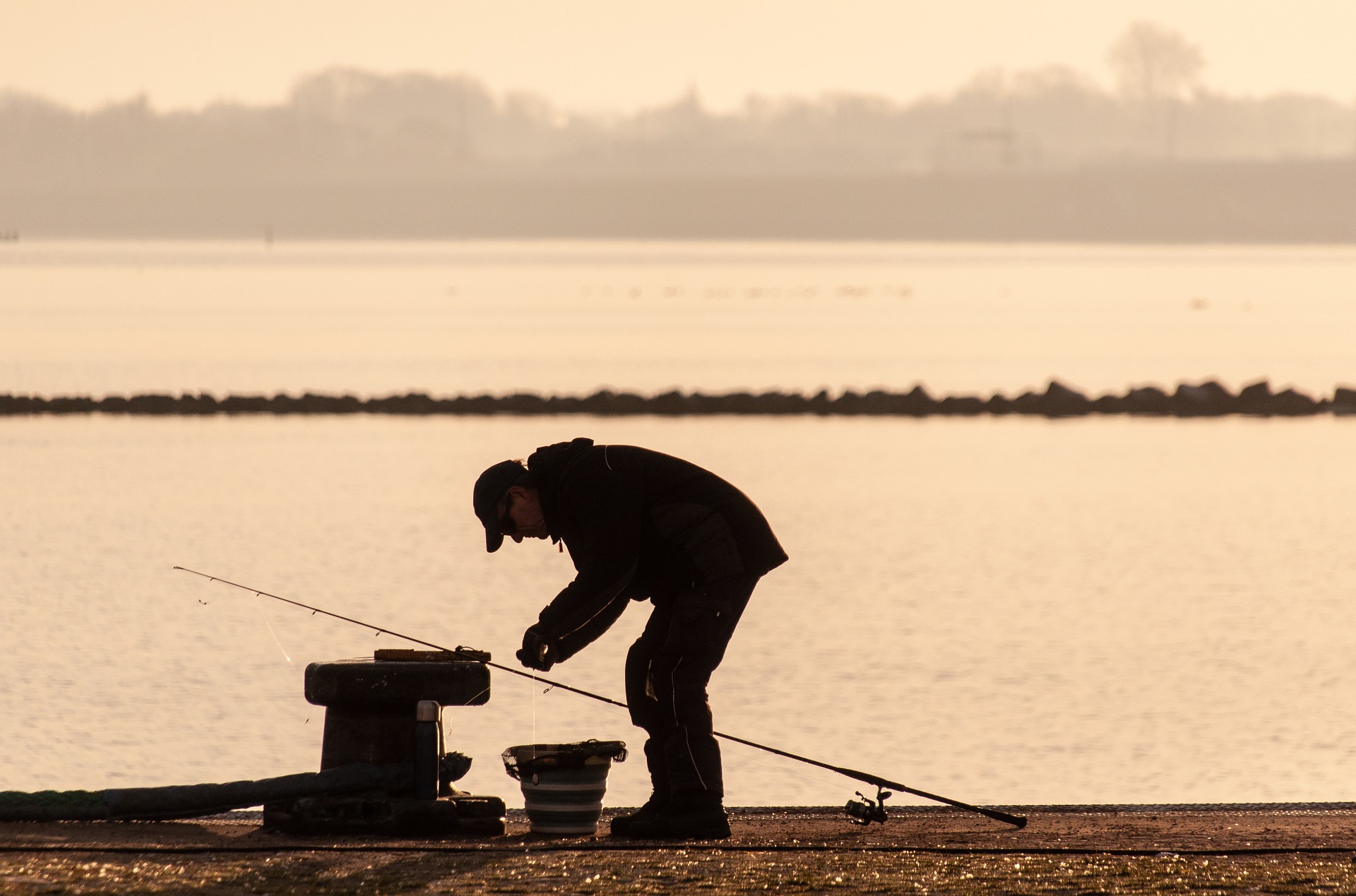
How to Develop a Hobby: Finding Passion and Purpose
Hobbies are a lot more than just “something to do.” They’re an outlet for creativity, a way to relieve stress, and a path to self-discovery. Whether you’re aiming to explore a brand-new interest or rekindle an old passion, hobbies can bring so much value to your life. From knitting to photography, each hobby I’ve picked up has played a part in shaping who I am today. And trust me, I’ve been through plenty of trial and error along the way!
In this blog, I’ll share some practical tips, personal stories, and advice on how to develop a hobby that brings passion and purpose into your life.

What is a hobby?
A hobby is simply something you do for fun, outside of work and daily responsibilities. But I’ve always felt that hobbies are more than just a way to fill time. They’re a window into who you are. They let you express yourself in ways your job or other obligations don’t allow. For me, my hobbies—whether it was writing, photography, or even something as quirky as baking—helped me find joy outside of the daily grind.
It’s also important to recognize that hobbies are incredibly personal. What lights you up may seem dull to someone else, and that’s totally fine! It’s about what gives you energy and fulfillment.
Step 1: Reflect on What You Love Doing
The first step in finding a hobby is digging into what genuinely excites you. Here’s where personal reflection comes into play. Think back to your childhood. Were there activities you could spend hours doing without noticing time passing by? I remember as a kid, I used to collect seashells during beach vacations. It wasn’t just about the shells—I loved the process, the feeling of discovering something unique, and the little bit of adventure in it. Years later, that same sense of curiosity found its way into my photography hobby.
If you’re unsure where to start, write down a list of things that spark even a tiny bit of excitement. It could be cooking, dancing, or even birdwatching! Your list doesn’t have to be perfect—just write anything that piques your curiosity.
Step 2: Explore New Activities
Sometimes, discovering a new hobby is about being open to trying things you’ve never done before. I remember the first time I tried yoga. At first, it felt awkward, and I wasn’t even sure it was for me. But after a few weeks of experimenting with different styles and classes, I began to really enjoy it. Now, it’s a staple in my weekly routine, helping me de-stress and stay centered.
The key is to step out of your comfort zone. Maybe try a painting class or go to a pottery workshop. You never know what might click. For example, I once signed up for a random cooking class because a friend dragged me along, and to my surprise, I had a blast learning how to make pasta from scratch! Even if you try something and realize it’s not your thing, the experience is still valuable because it teaches you more about what you enjoy (and what you don’t!).
Step 3: Take Small Steps
One mistake I’ve made in the past was diving headfirst into a new hobby and burning out within weeks. I’d buy all the fancy supplies, spend hours trying to get everything right, and then feel overwhelmed. It wasn’t until later that I learned hobbies don’t need to start big. They can—and should—start small.
Take, for example, my experience with learning to play the guitar. I had this grand plan to practice for an hour every day, thinking I'd be able to master it quickly. But that plan didn’t last long. Instead, I scaled back to just 10 minutes of practice a few times a week, and it became much more manageable (and fun!). Little by little, I improved without feeling pressured. Start small, and let your hobby grow naturally.
Step 4: Dedicate Time for Your Hobby
Let’s face it—life gets busy, and finding time for hobbies can feel impossible at times. But here’s the trick I’ve learned: treat your hobby like an important meeting with yourself. Schedule it. I used to feel guilty about taking time away from work or chores to paint, thinking it was unproductive. But what I didn’t realize at the time was that my hobby actually recharged me. After an hour of painting, I felt refreshed and even more focused when I returned to my tasks.
It doesn’t matter how busy your schedule is. Carve out even just 20 minutes a week for your hobby. You’ll be amazed at how much you can accomplish—and how much joy it can bring.
Step 5: Stay Open to Change
One of the best things about hobbies is that they don’t have to stay the same forever. Over time, your interests may shift, and that’s perfectly okay. I used to be obsessed with drawing, but after a few years, I found myself gravitating more towards photography. At first, I felt bad for abandoning one hobby in favor of another, but then I realized it was just part of my growth.
The point is, it’s okay to let your hobbies evolve with you. If you try something and it no longer excites you, don’t be afraid to explore something new. Your hobbies should reflect who you are now, not who you used to be.
Step 6: Build Skills Gradually
Here’s something I learned the hard way: you don’t need to master a hobby for it to be worthwhile. When I first started knitting, I thought I needed to create something perfect every time. But after hours of tangled yarn and misshapen scarves, I realized that the beauty of a hobby isn’t in perfection—it’s in the process.
Building skills takes time, and there’s joy in the small victories along the way. Whether it’s finally hitting the right note on the guitar or perfecting a new recipe, these little milestones are what keep the excitement alive. The important thing is to enjoy the journey and not rush the outcome.
Step 7: Find a Community
If one thing can elevate a hobby, it’s finding a group of people who share your passion. A few years ago, I joined an online photography forum, which completely changed my experience with the hobby. I was able to get feedback, share my work, and learn from others who were more experienced. It wasn’t just about improving my skills but about feeling connected to a larger community.
Whether it’s a local club, a class, or even an online group, having others to share your hobby with can make it more fulfilling. It can also give you a sense of accountability, which helps when motivation wanes.
Step 8: Make It Fun!
This might seem obvious, but sometimes we lose sight of the fact that hobbies are supposed to be fun. I’ve been guilty of turning my hobby into a task—treating it like another thing on my to-do list rather than a source of enjoyment. I once pushed myself to finish a series of watercolor paintings for an art show I had signed up for. What started as a fun activity soon turned into a stressful deadline. It took stepping back and rediscovering the fun to bring back the joy I initially felt.
Your hobby doesn’t have to be perfect or productive. If it brings you happiness and helps you relax, you’re doing it right.

The mental health benefits of having a hobby
Hobbies are a fantastic way to reduce stress and boost mental health. Whether it’s the calm focus of knitting or the physical release of running, hobbies allow us to step away from daily pressures and find some peace. I find that photography helps me slow down and notice the little details in life. It’s almost like a mindfulness practice for me.
Engaging in a hobby also sparks creativity, which can have a ripple effect in other areas of life. After spending time working on a puzzle or painting, I often find that I approach work problems with fresh ideas and renewed energy.
How Hobbies Can Give You a Sense of Purpose
Hobbies give you something to look forward to, and that can add a sense of purpose to your daily life. Whether it’s the thrill of learning something new or the satisfaction of completing a project, hobbies can help you feel more fulfilled. They also give you a chance to experience personal growth, especially when you challenge yourself to step out of your comfort zone.
One of the most unexpected benefits of my hobbies has been the boost in confidence they’ve given me. Whether it was learning how to capture a perfect sunset shot or mastering a new chord on the guitar, these small wins remind me that I’m capable of learning and improving.
Challenges You Might Face
Let’s be real—developing a hobby isn’t always smooth sailing. Time management is one of the biggest challenges. I’ve had weeks where work got so busy that my hobbies took a back seat. And that’s okay! The key is to come back to it when you can, without guilt.
You might also struggle with feelings of self-doubt, especially if you’re new to a hobby. When I started painting, I compared myself to others and felt like my work wasn’t “good enough.” But remember, hobbies aren’t about perfection—they’re about enjoying the process.
Turning Your Hobby into a Side Hustle
If you’ve been thinking about turning your hobby into a side hustle, go for it—but do so with caution. I started selling some of my photography prints a few years ago, and while it was a great experience, I also had to set boundaries. When you turn a hobby into work, it’s easy for the joy to fade if you’re not careful. Be sure to maintain a balance between keeping it fun and managing the business side of things.

Conclusion
Finding a hobby is a deeply rewarding experience that can add joy, creativity, and purpose to your life. It’s a journey of self-discovery where you’re allowed to make mistakes, explore new things, and grow at your own pace. Whether you’re reigniting an old passion or trying something completely new, the most important thing is to have fun and embrace the process. So, what’s stopping you? Dive in and discover your next passion!
FAQs
-
Can I have multiple hobbies?
Absolutely! Having multiple hobbies can keep things fresh and exciting. You can rotate between them depending on your mood or interests at the moment. -
How much time should I dedicate to a hobby?
There’s no set rule. It depends on your schedule and interest level. A few times a week, even 15 minutes can have a significant impact. -
What if I lose interest in my hobby?
That’s normal! Interests evolve. Don’t be afraid to put one hobby down and try something new. -
Can my hobby help me in my career?
Yes! Hobbies often develop skills like creativity, time management, and problem-solving, all of which can benefit your career. -
How do I get back into a hobby after a long break?
Start small and give yourself time to ease back into it. Don’t pressure yourself to be perfect right away. Just focus on enjoying the process!
